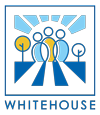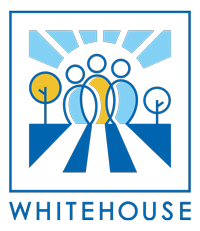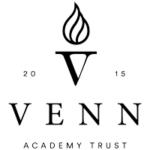Why do we teach Mathematics at The Whitehouse?
At The Whitehouse, we recognise that Mathematics is an important creative discipline that helps us to understand and change the world. We want all pupils at The Whitehouse to experience the beauty, power and enjoyment of mathematics and develop a sense of curiosity about the subject with a clear understanding. We foster positive can-do attitudes and we promote the fact that ‘We can all do maths!’ We believe all children can achieve in mathematics, and teach for secure and deep understanding of mathematical concepts through manageable steps.
We aim for all pupils to:
• close the mathematical gap for all pupils.
• enable our pupils to access the wider curriculum.
•ensure our pupils are year seven ready.
• become fluent in the fundamentals of mathematics so that they develop conceptual understanding and the ability to recall and apply knowledge rapidly and accurately.
• be able to solve problems by applying their mathematics to a variety of problems with increasing sophistication, including in unfamiliar contexts and to model real-life scenarios
• reason mathematically by following a line of enquiry and develop and present a justification, argument or proof using mathematical language.
• have an appreciation of number and number operations, which enables mental calculations and written procedures to be performed efficiently, fluently and accurately to be successful in mathematics.
What is the Mathematics curriculum offer at The Whitehouse?
Our Mathematics curriculum offer is focused on providing high quality mathematics teaching and resources, delivered in a bespoke fashion which best suits our children. We understand that all of our pupils have their own individual needs and are at different stages in their mathematical learning journey. The process of concrete, pictorial and abstract is implemented at The Whitehouse, this allows children to develop a deeper understanding of a concept. Our mathematics teaching is based on, and adapted from, the White Rose Maths schemes of learning; these research-based schemes are designed to support a mastery approach to teaching and learning and are consistent with the aims and objectives of the National Curriculum.
How are knowledge and skills acquired in Mathematics?
As previously stated, we use the White Rose Maths scheme of learning, this research supported scheme works on for key concepts to ensure knowledge and skills are developed effectively. The four key principles are:
• Putting number first – A significant amount of time is spent reinforcing number in order to build competency and ensure children can confidently access the rest of the curriculum.
• Depth before breadth – Children acquire depth of knowledge in each topic within mathematics and opportunities to revisit previously learned skills are built into later blocks.
• Working together – Children are given plenty of opportunities to work collaboratively with their peers and we want the children to encourage each other in their learning.
• Fluency, reasoning and problem solving – Children will learn to develop their fluency, reasoning and problem-solving skills in all areas of mathematics in order to become confident mathematicians.
Pupils will experience daily mathematics lessons providing them with an age appropriate mathematical diet however this will be delivered with a personalised approach and at the pupils’ own ability level. Pupils will also receive daily counting/times tables lessons that follow a structured sequence of learning.
What are the enrichment opportunities in Mathematics?
Throughout the school year several maths competitions run. KS1 and LKS2 have termly Sumdog competitions. UKS2 compete in both internal and external competitions on TT Rockstars and Sumdog. Maths is also enriched throughout the curriculum, one example of this is the use of Maths in Food Technology clubs.



